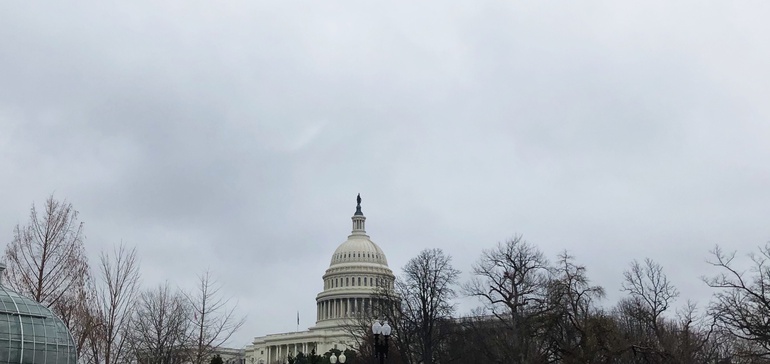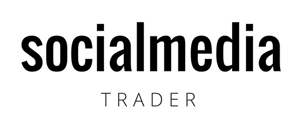
Facebook, Twitter and Google Commit to Further Action on Tackling Domestic Extremism
As part of their expansion to fight extremism and hate speech, Facebook, Twitter and Google will now recognize far-right militias and white supremacist groups as official terrorist organisations. This marks the first time that their collective efforts are being expanded to include domestic organizations.
As part of a fresh update to the Global Internet Forum to Counter Terrorism Database (GIFCT), which lists groups of terrorist organizations for each platform, will now be under greater scrutiny.
As reported by Reuters:
“Until now, the GIFCT database has focused on videos and images from terrorist groups on a United Nations list […] Over the next few months, the group will add attacker manifestos – often shared by sympathizers after white supremacist violence – and other publications and links flagged by UN initiative Tech Against Terrorism. It will use lists from intelligence sharing group Five Eyes, adding URLs or PDFs from additional groups such as the Proud Boy, the Three Percenters, and neo Nazis.
It is important to note that many of these organizations were already banned or restricted by major platforms. Twitter. FacebookAnd YouTubeOver the past two-years, all of them have taken steps to limit the reach and influence of US-based organizations.
In the wake of the Capitol RiotsBut even before that, the major platforms knew about the potential threat posed locally by groups like The Proud Boys. They also understood how social media networks can be used to recruit and promote their agenda.
The Capitol Riots, however, were the final straw and posed a serious threat to large-scale political-based violence. Facebook is a prime example of a social media platform that has been accused of igniting violence. similar uprisings in other regionsWith varying degrees of accountability, recourse and accountability. Localized incidents will get more attention, with Facebook also being identified to be a key facilitator of far-right extremismIt has clearly done more in this area in the last few years.
This will improve the situation.
It’s difficult to say as dangerous, harmful movements gain popularity on social media platforms due to their controversial nature. This sparks more discussion and user response, and amplifies the content to even more users. This is partly due to social platform algorithms that aim to increase engagement and keep users in each app. But it’s also human nature, as more shocking, sensationalized, and more emotionally charged stories and posts will always attract more attention.
People love to feel the endorphin rush from receiving comments and likes on their posts. The best way to generate such enthusiasm is to push the boundaries. Bland updates won’t get much attention but taking a controversial stand can increase your voice and it’s not surprising that more extreme views have been able gain traction online.
Stamping out the broader organizations behind such should have some impact – and definitely, they should not be allowed to proliferate, as we’ve now seen where that can lead. The larger issues of online extremism remain a major problem that requires ongoing, deeper examination.


